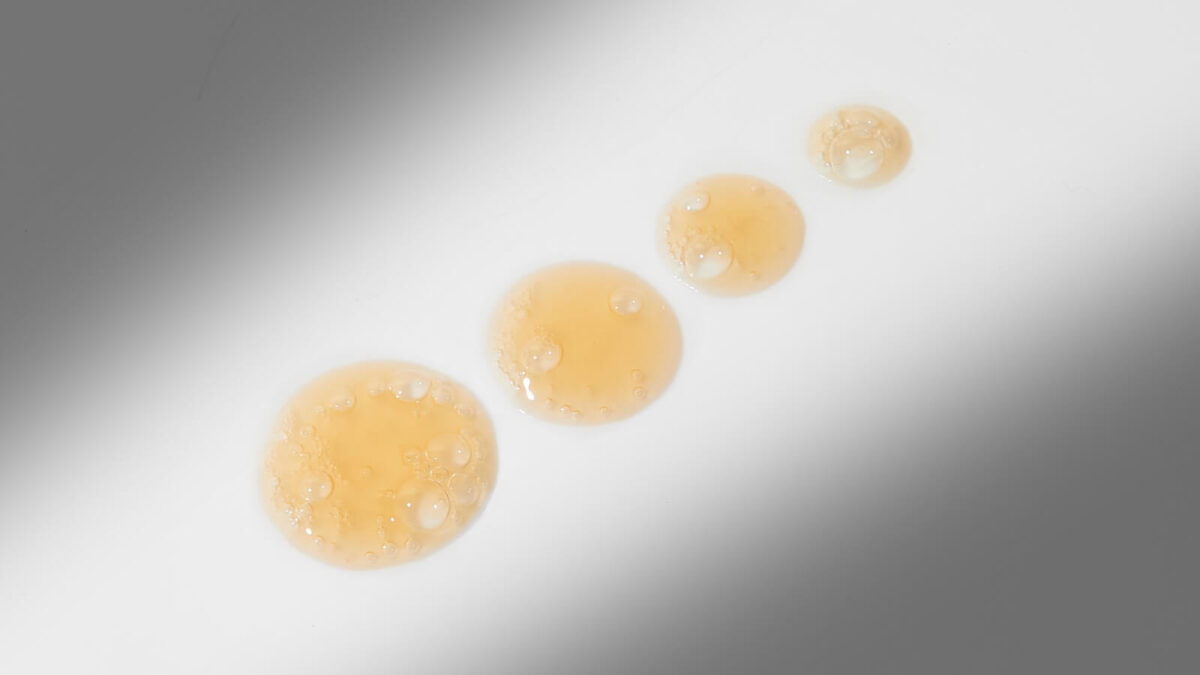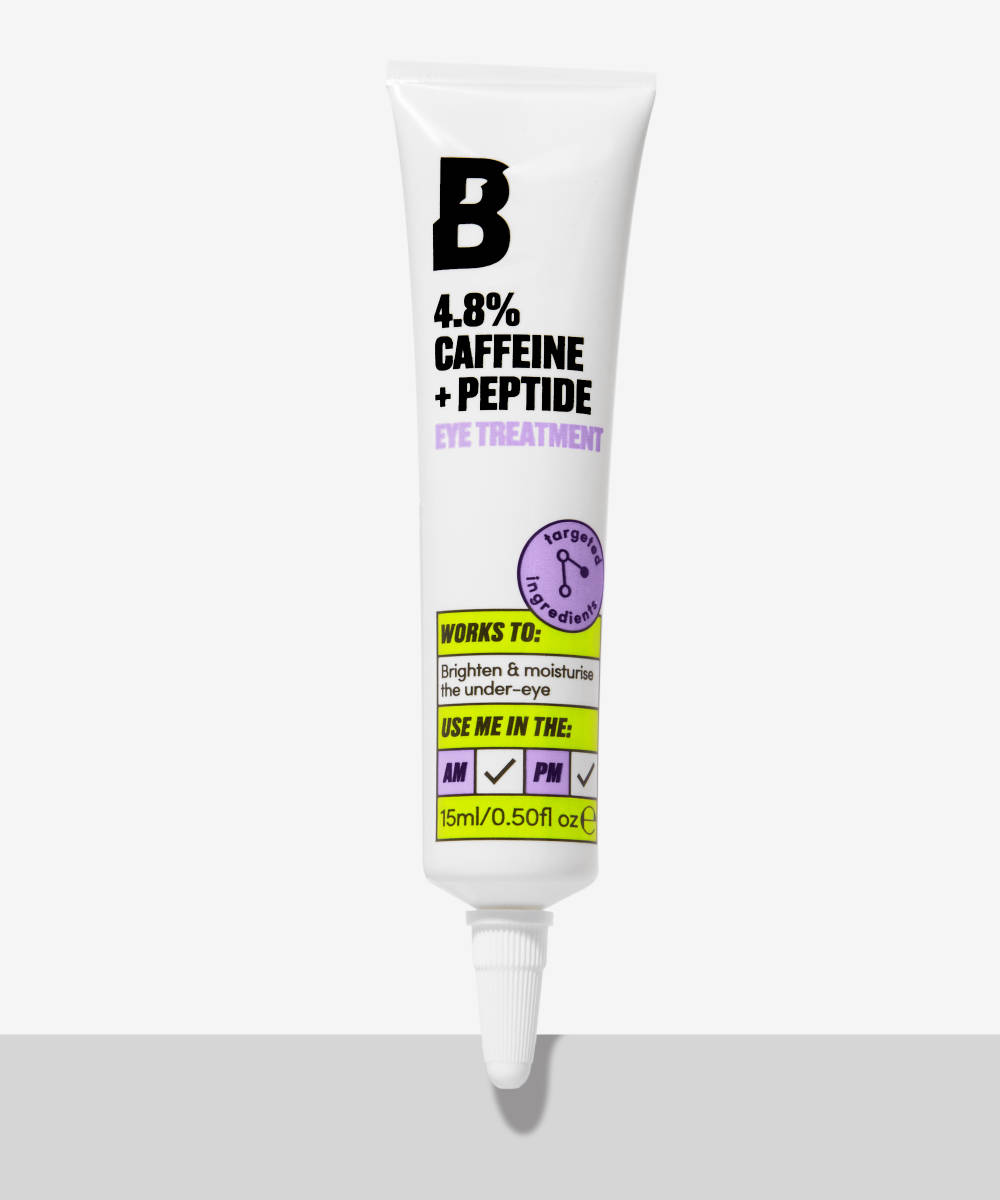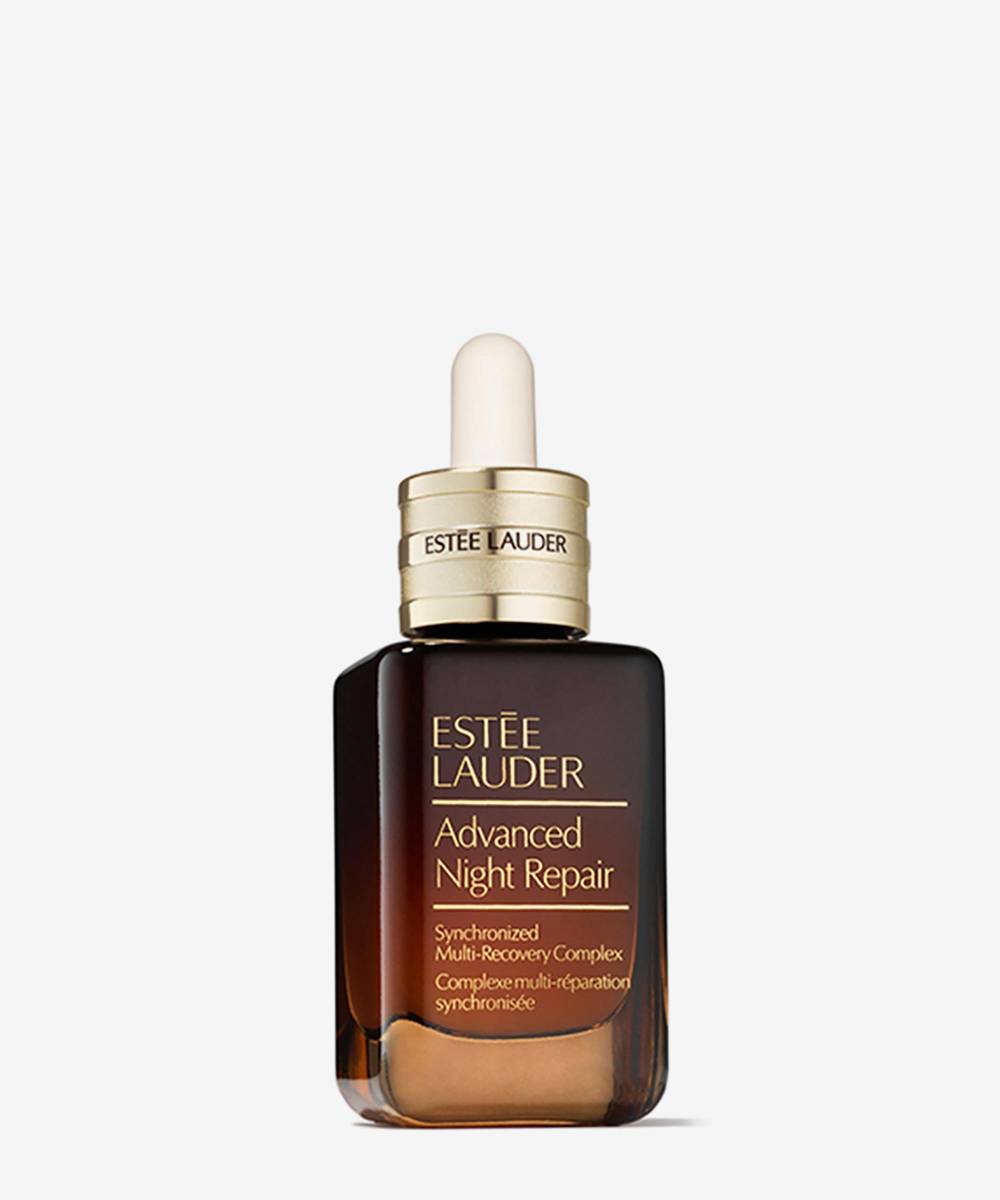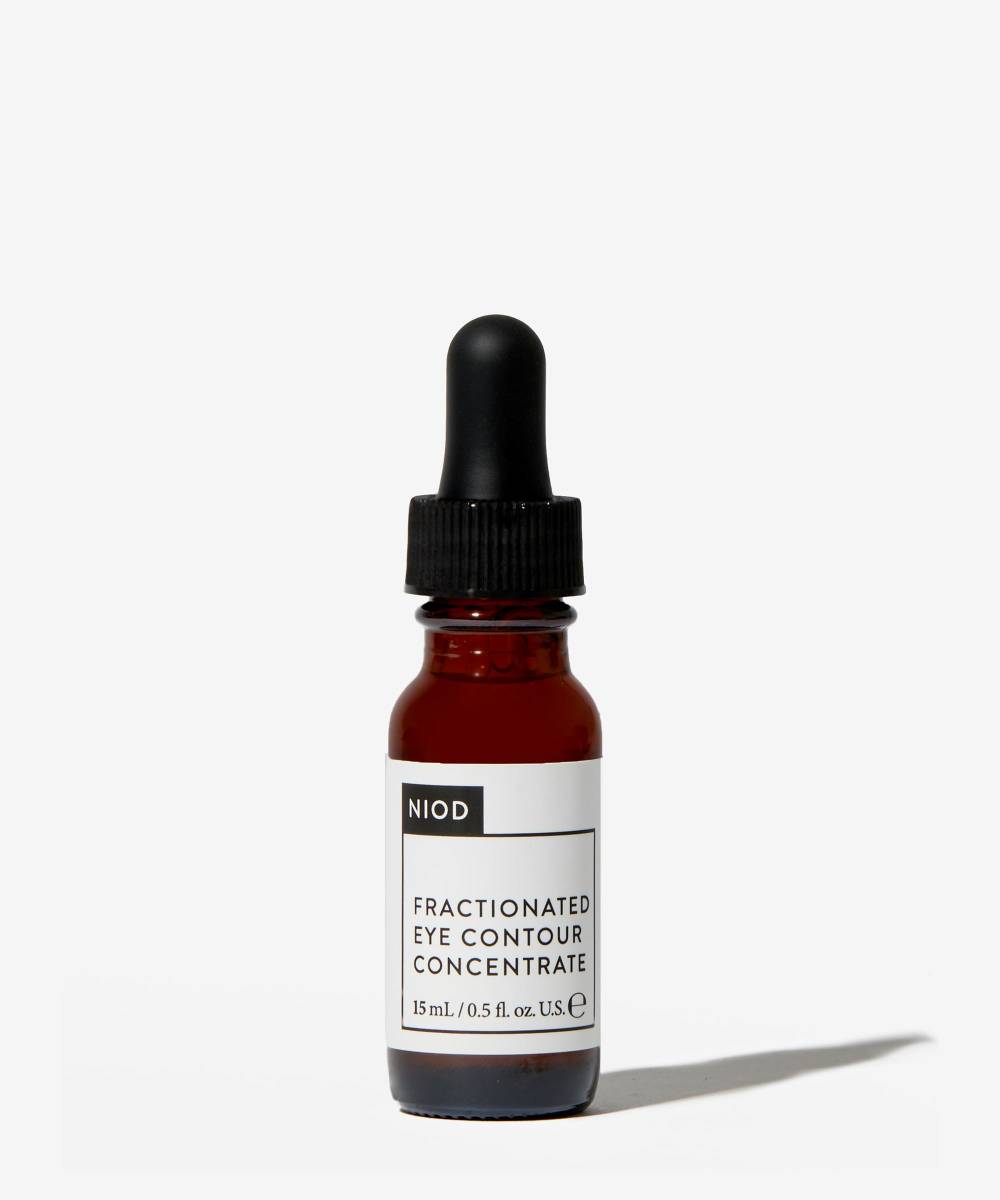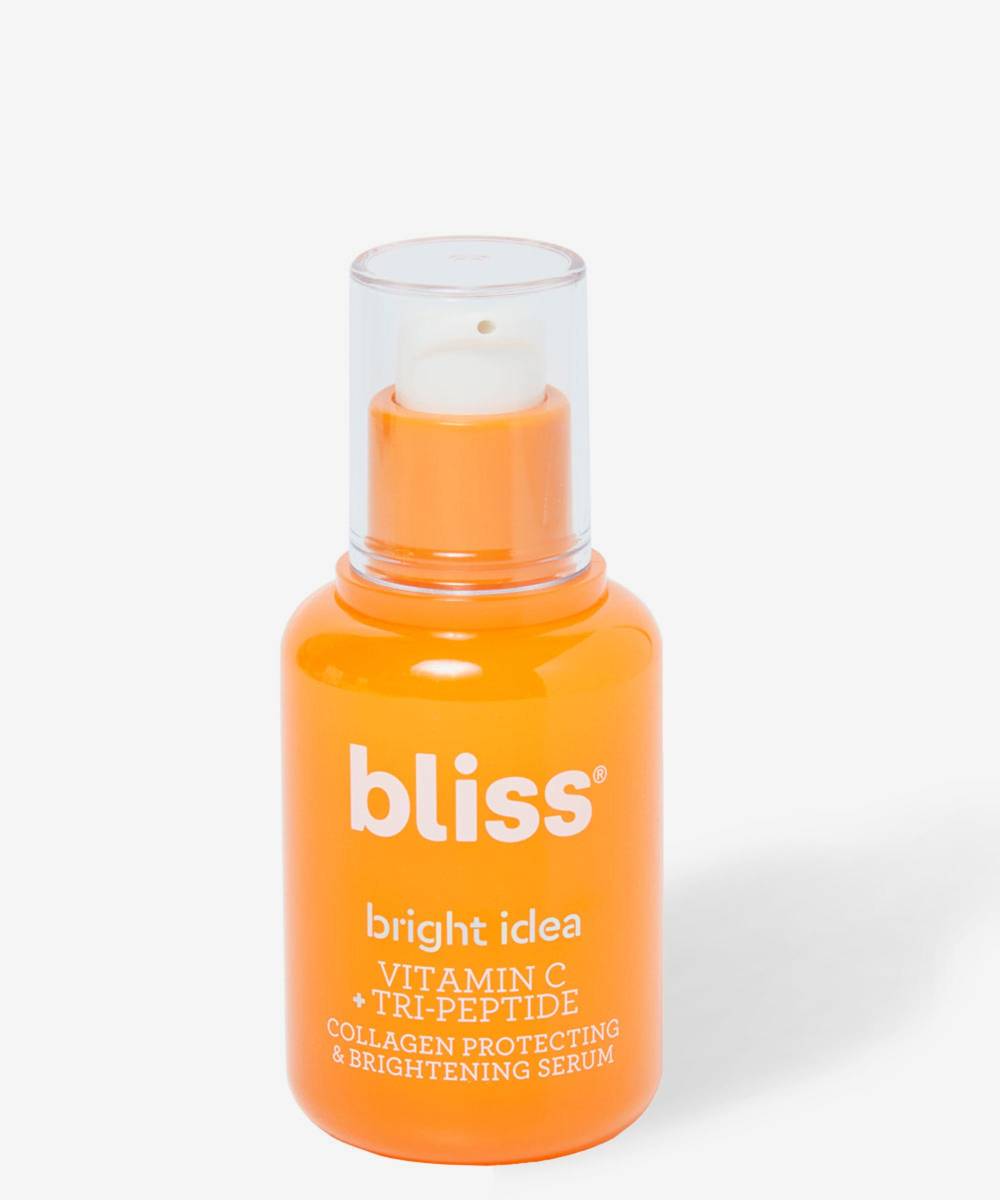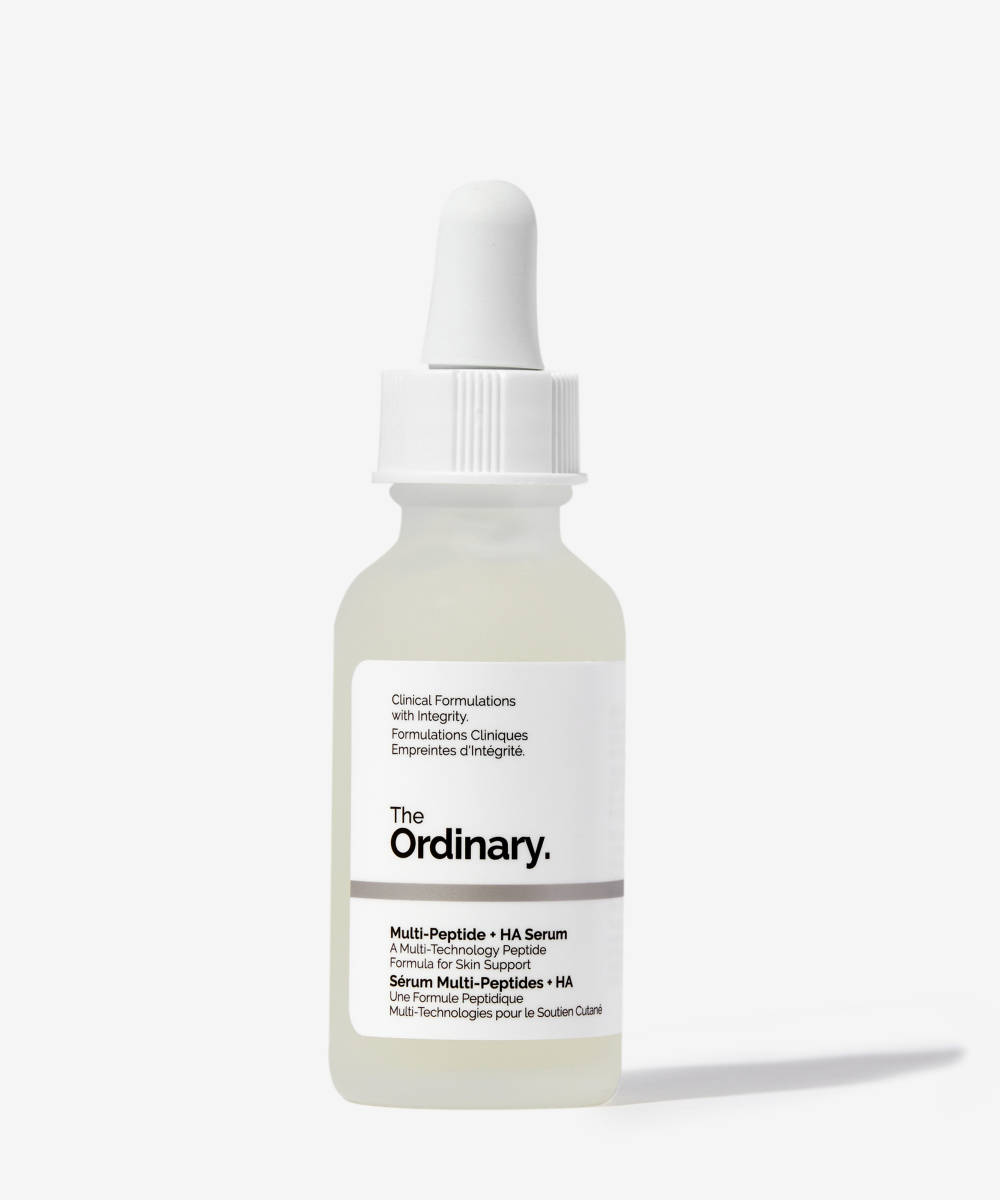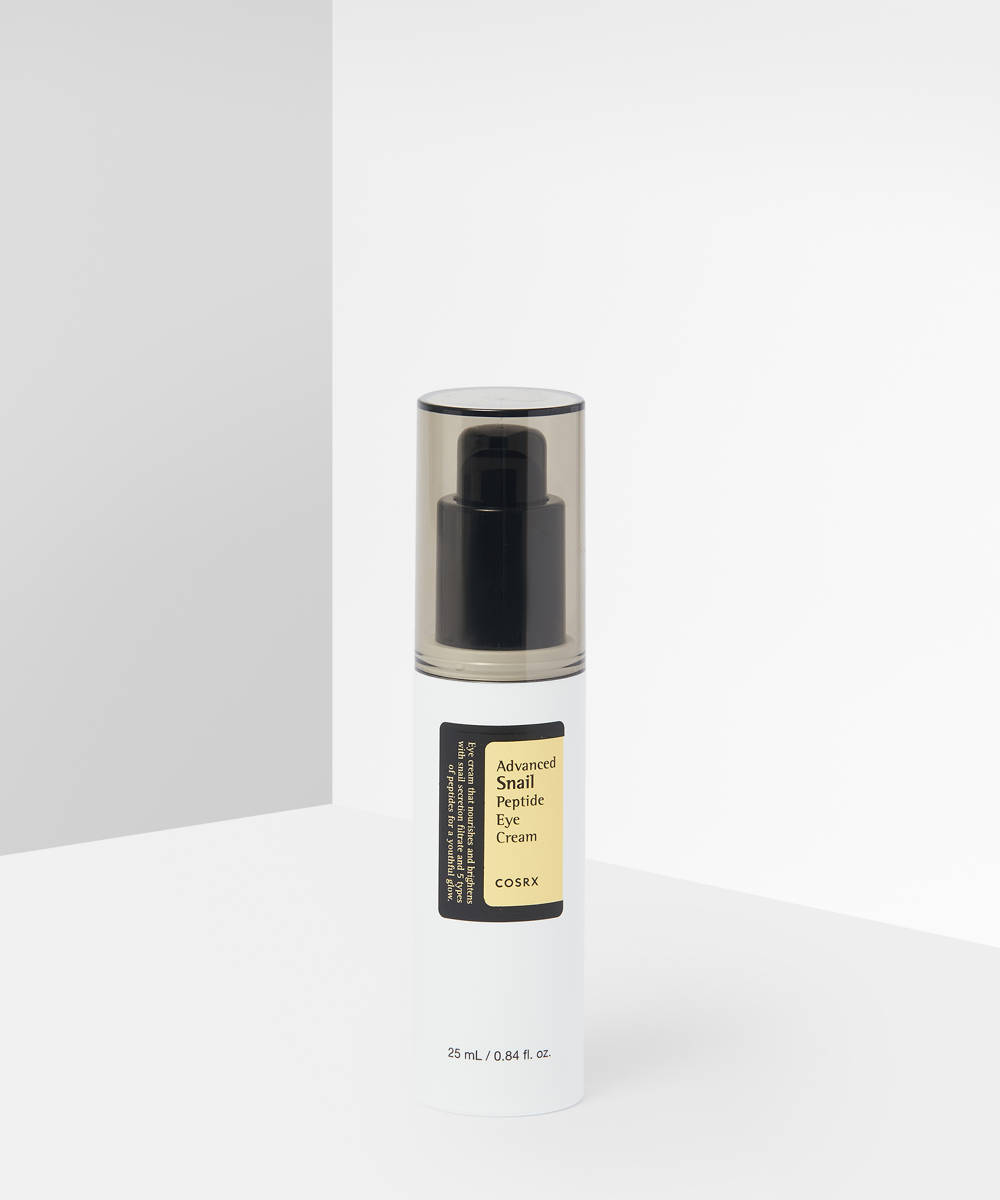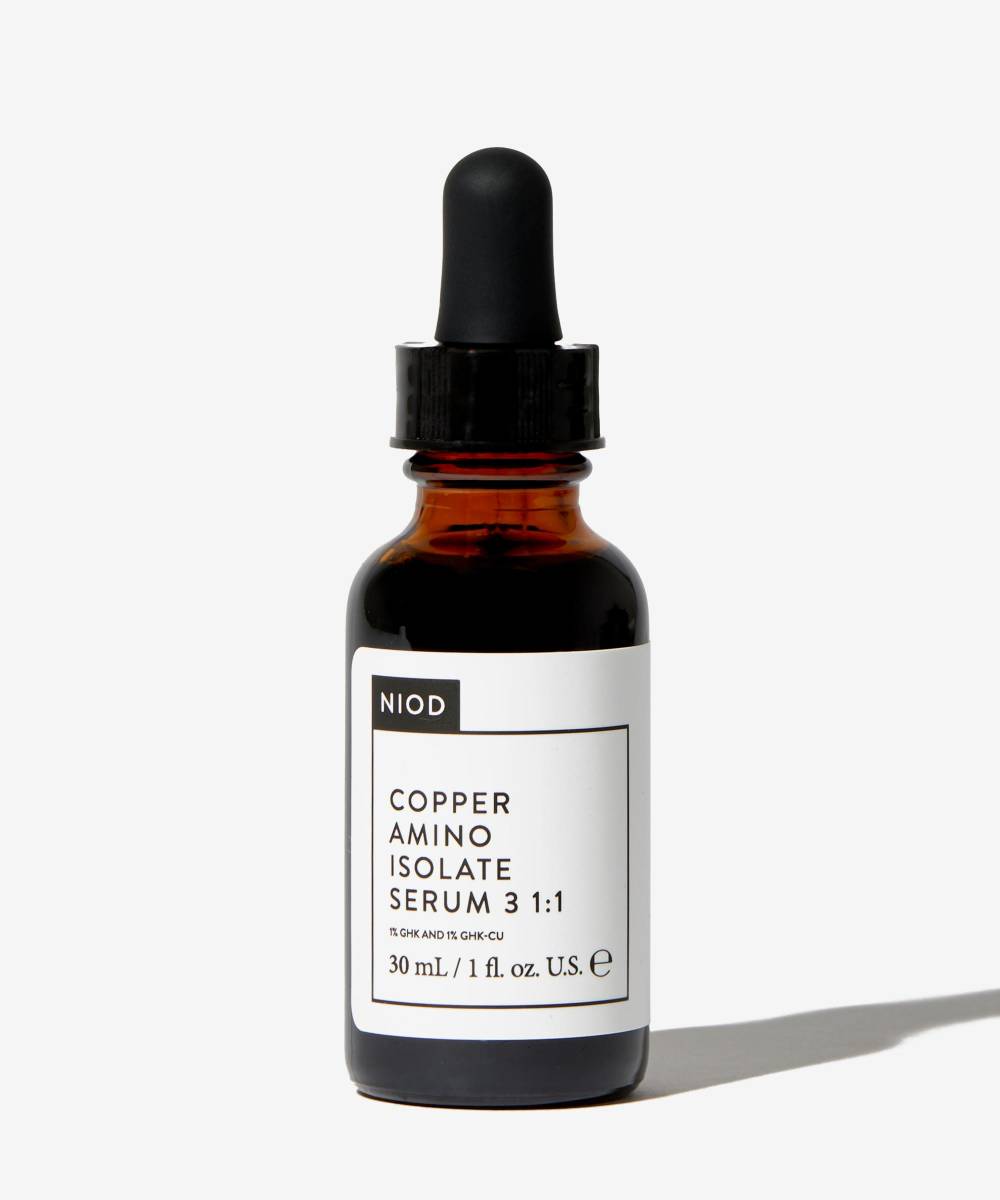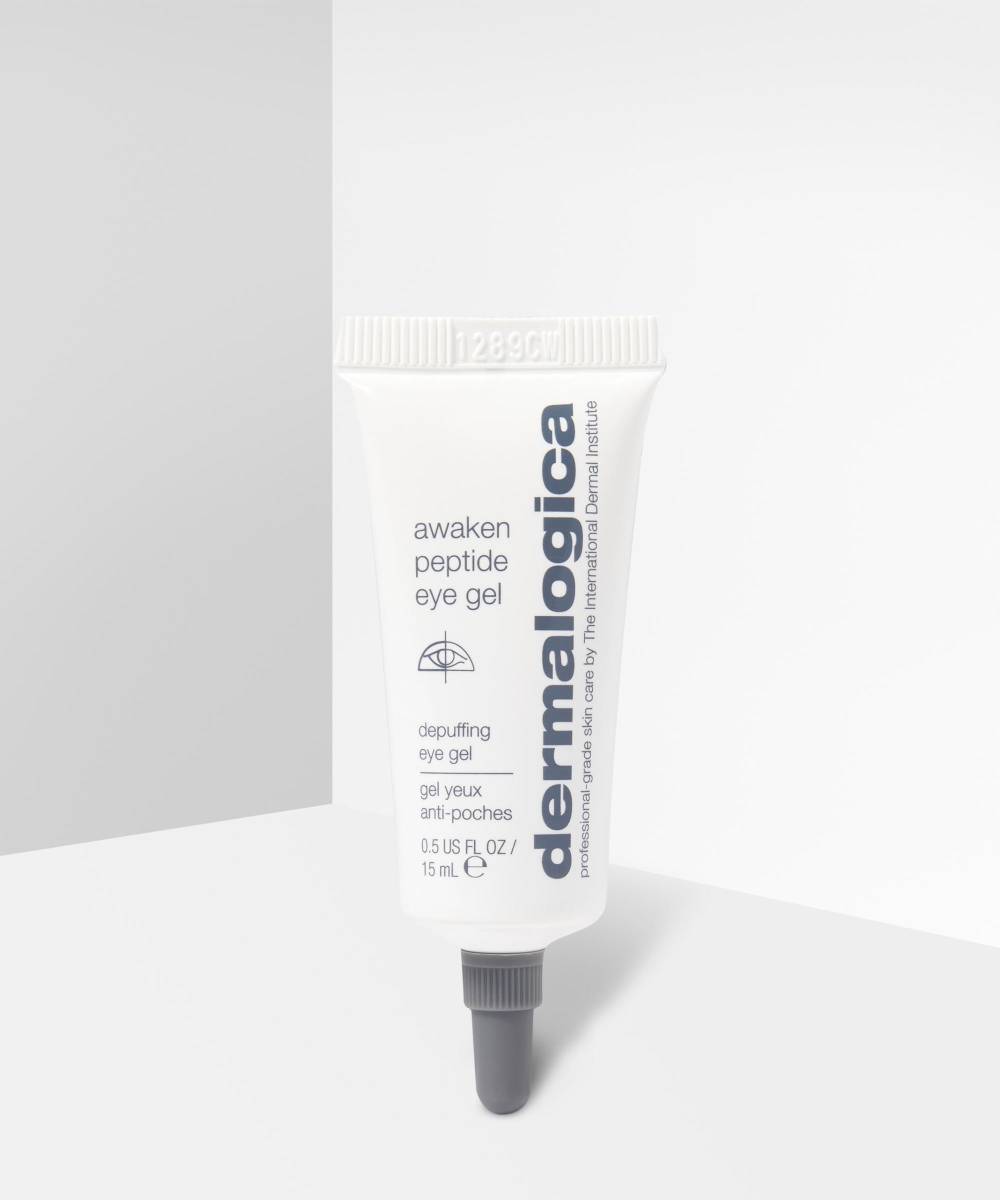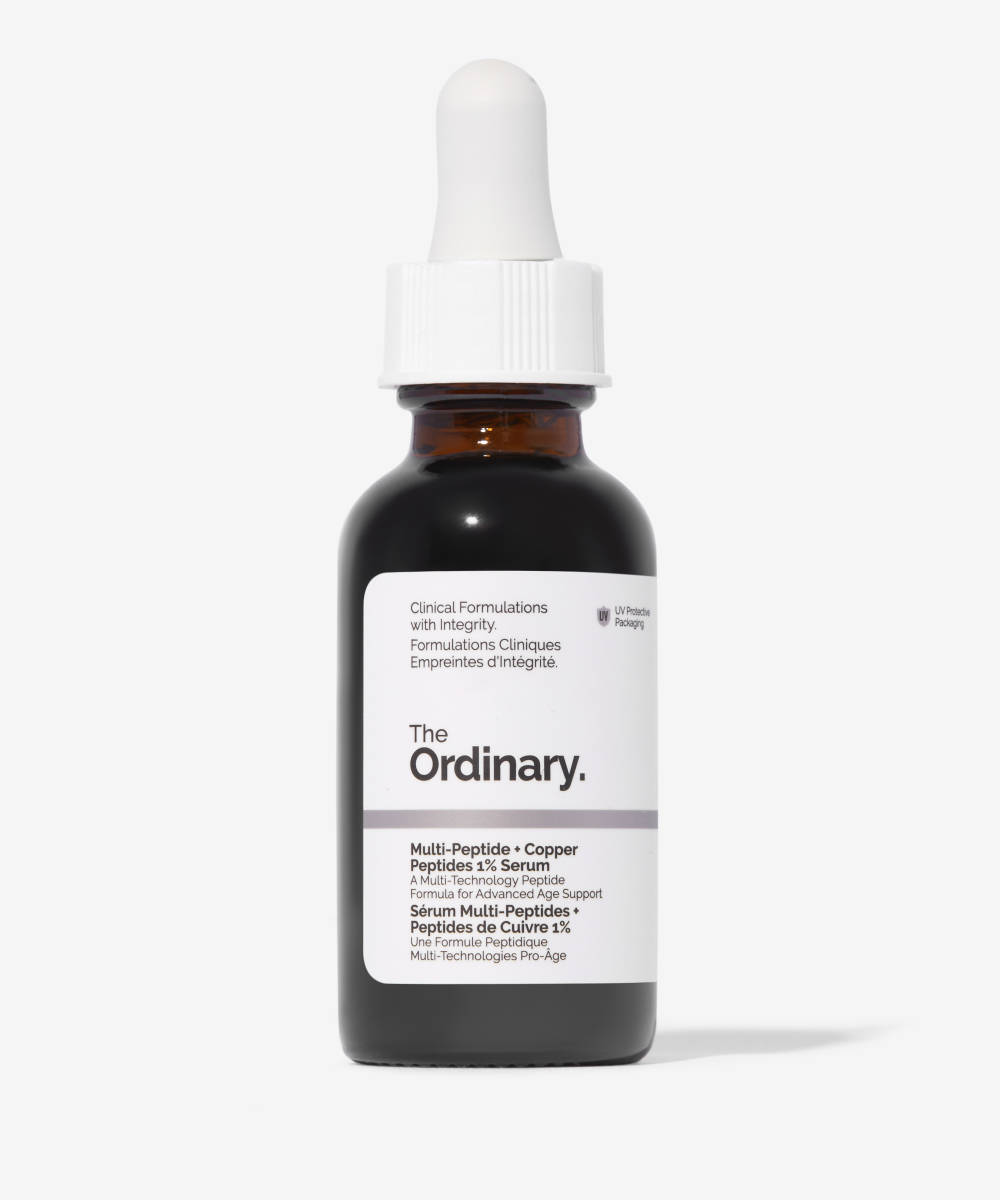Peptides are an increasingly popular skincare ingredient – the past few years have seen a lot of research done to show that peptides have amazing benefits for tightening loose skin, healing wound damage, improving firmness and elasticity, and reducing the appearance of lines and wrinkles. If you’re keen to learn more about this impressive anti-aging ingredient, or you’re wondering which peptides are best for your skin, we have all the answers.
Scroll down to find out everything you need to know about peptides in skincare.
What are peptides?
Peptides are chains of amino acids that act as building blocks for proteins. Proteins (such as collagen, elastin, and keratin) make up 20% of the human body, and contribute to skin’s texture and tone – so they’re essential for healthy skin. The most abundant protein in the body is collagen, which helps to keep skin firm and plump, and gives it a radiant glow.
How do peptides work?
As we age, the collagen naturally produced in our bodies decreases, leading to looser, thinner skin which creases more easily – and so forms lines and wrinkles. Collagen molecules themselves are large and can’t penetrate the skin when applied topically, but peptides have much smaller molecules that can penetrate the skin. Once they’ve done so, peptides send a signal to the skin, triggering a process of repair and speeding up the body’s collagen and elastin production, which over time results in smoother, plumper skin.
What do peptides do?
Different peptides have different effects on the skin, but many serums will contain a blend of different types of peptides. For example, signal peptides increase collagen production, so they work to plump and firm skin, which over time results in a reduced appearance of lines, wrinkles, and loose skin. Carrier peptides trigger reparative processes in the skin, which means they help with wound healing and with supporting skin that may be damaged or scarred.
When should you use peptides?
Peptides are commonly found within serums and moisturisers and can be applied to skin both morning and evening. Serums should be applied to skin after cleansing, while moisturisers would be applied after serums – as the final step in your evening routine, or before SPF in the morning.
Peptides’ benefits are maximised when combined with certain other ingredients, such as hyaluronic acid, vitamin C, ceramides, and niacinamide, so you’ll often find these ingredients combined within products. It’s not recommended to layer peptide products with potentially irritating ingredients like exfoliating acids or retinol, as this may increase skin sensitivity.
